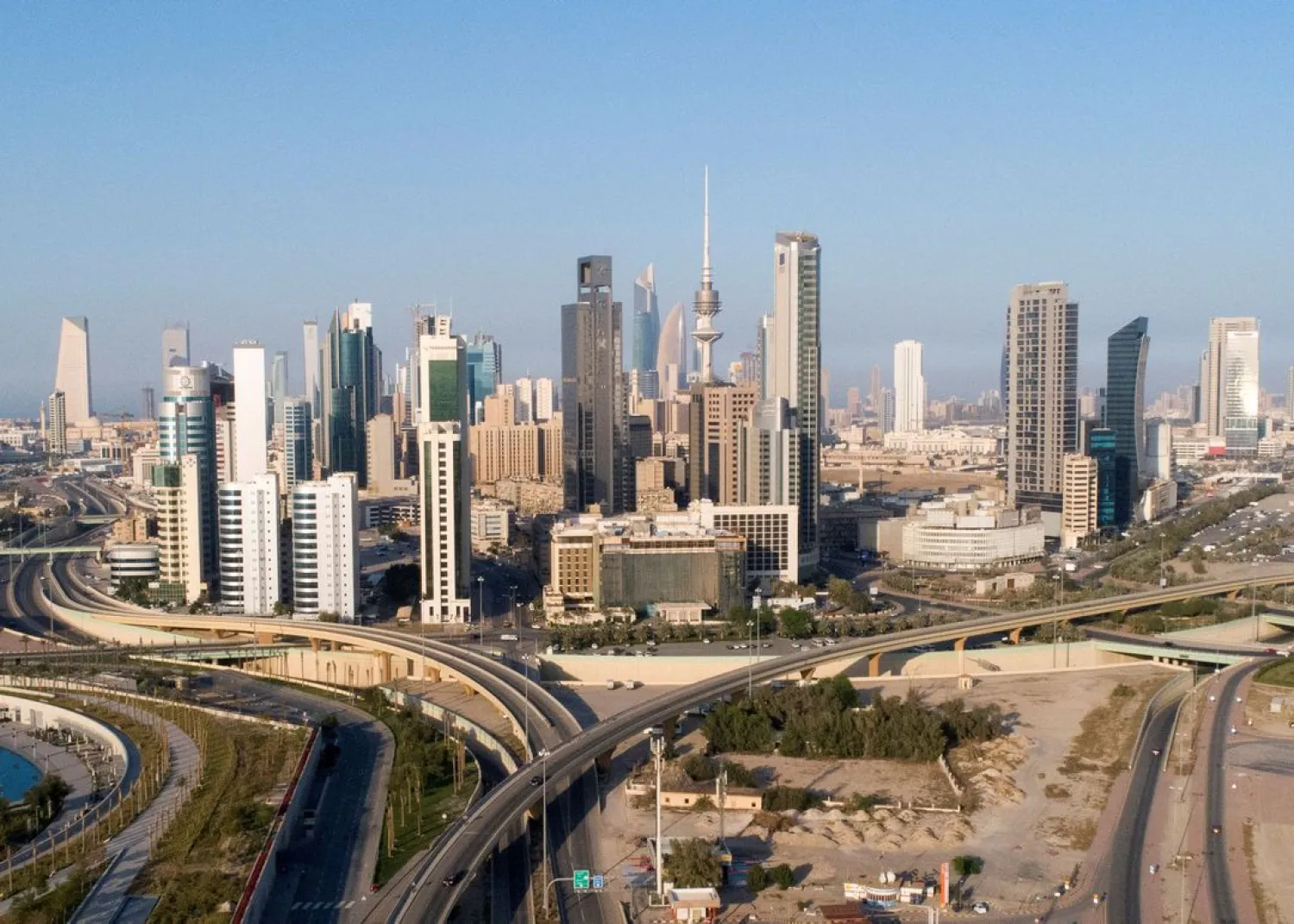Kuwait announced on Saturday the expulsion of the Lebanese charge d’affaires, giving him 48 hours to leave the country, in wake of the fallout from Lebanese Information Minister George Kordahi’s offensive statements against Saudi Arabia.
A foreign ministry statement said Kuwait was recalling its envoy in Beirut for consultations.
It said the Lebanese diplomat was being expelled “because the Lebanese republic has deliberately continued to make negative statements and because it has failed to address the offensive stances against sisterly Saudi Arabia and the remaining Gulf Cooperation Council countries.”
It also said the Lebanese government has failed to take the necessary measures to curb ongoing and increasing drugs smuggling operations from Lebanese territories to Kuwait and the rest of the GCC.
The foreign ministry added that it regrets the deterioration of ties, stressing that Kuwait remains keen on Lebanese expatriates living in the country and that the dispute will not affect them.









